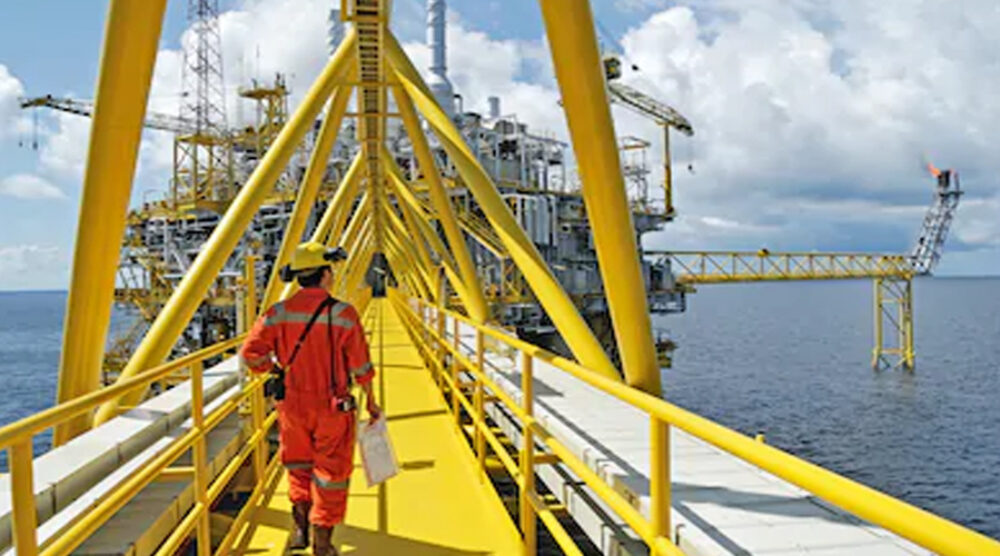Resolving energy insecurity is a critical issue to a number of stakeholders ranging from policymakers and business entities (in particular major energy consumers) to urban and rural communities for which an uninterrupted energy supply influences the quality of life. This is particularly important for South Asia where integration transnational energy projects can enhance the region’s energy security.
The underlying reasons behind such critical importance of energy are its limited availability, uneven distribution, ever-increasing demand, and the energy dependency of all sorts of economic developments around the world.
While energy insecurity is broadly understood to represent the securing of energy resources, mere physical availability does not necessarily mean that the resources can reach end users.
The United Nations (UN) report Energy for a Sustainable Future: Report and Recommendations defined energy security as, “having access to clean, reliable and affordable energy services for cooking, heating, lighting, communications and other productive uses”
Asia is poorly placed in terms of energy security. While there is a lack of conventional energy resources, wide disparity also exists in Asia in terms of energy security across regions and between and within countries. Asia’s main source of vulnerability is its poor proven reserves of oil, which account for only 7 per cent of the known resources of the world.
A report by the Asian Development Bank titled Asia 2050: Realizing the Asian Century posited that Asian economies will need to adapt their policies to contribute to the management of climate change, which may pose further threats to the secure supply of energy in the region.
Unlike energy security, energy insecurity has not been extensively studied. Associate Professor Tapan Sarker from the Department of Business Strategy and Innovation has joined with colleagues to explore the key factors in terms of energy security that economies need to address in realizing the Asian dream, also called the Asian Century. The report shows that regional cooperation can help to improve access to energy among the developing countries in Asia.
Please click here to read the full edited volume “Energy insecurity in Asia: Challenges, solutions and renewable energy” (Yoshino et al. 2020) published by the Asian Development Bank Institute.





